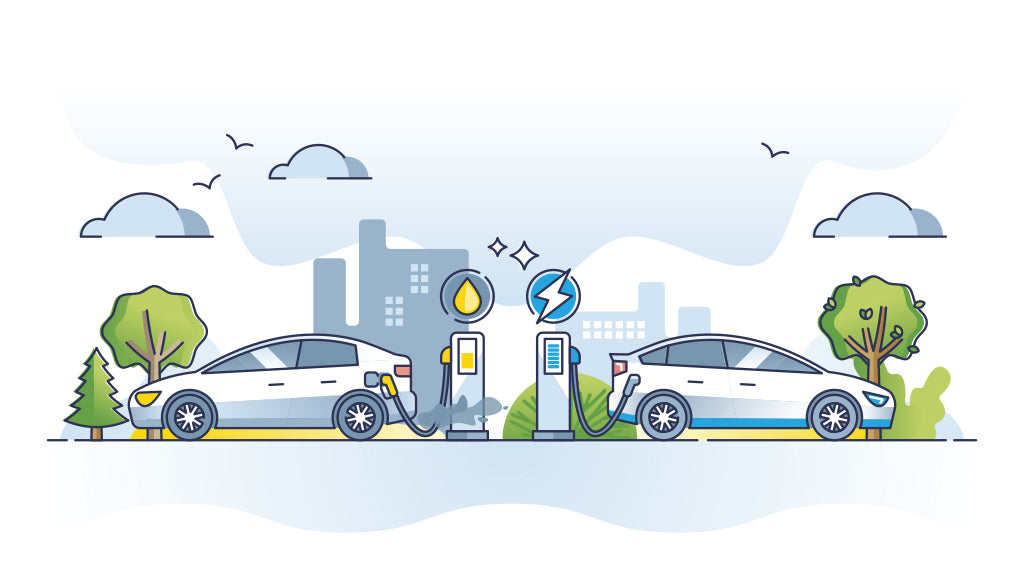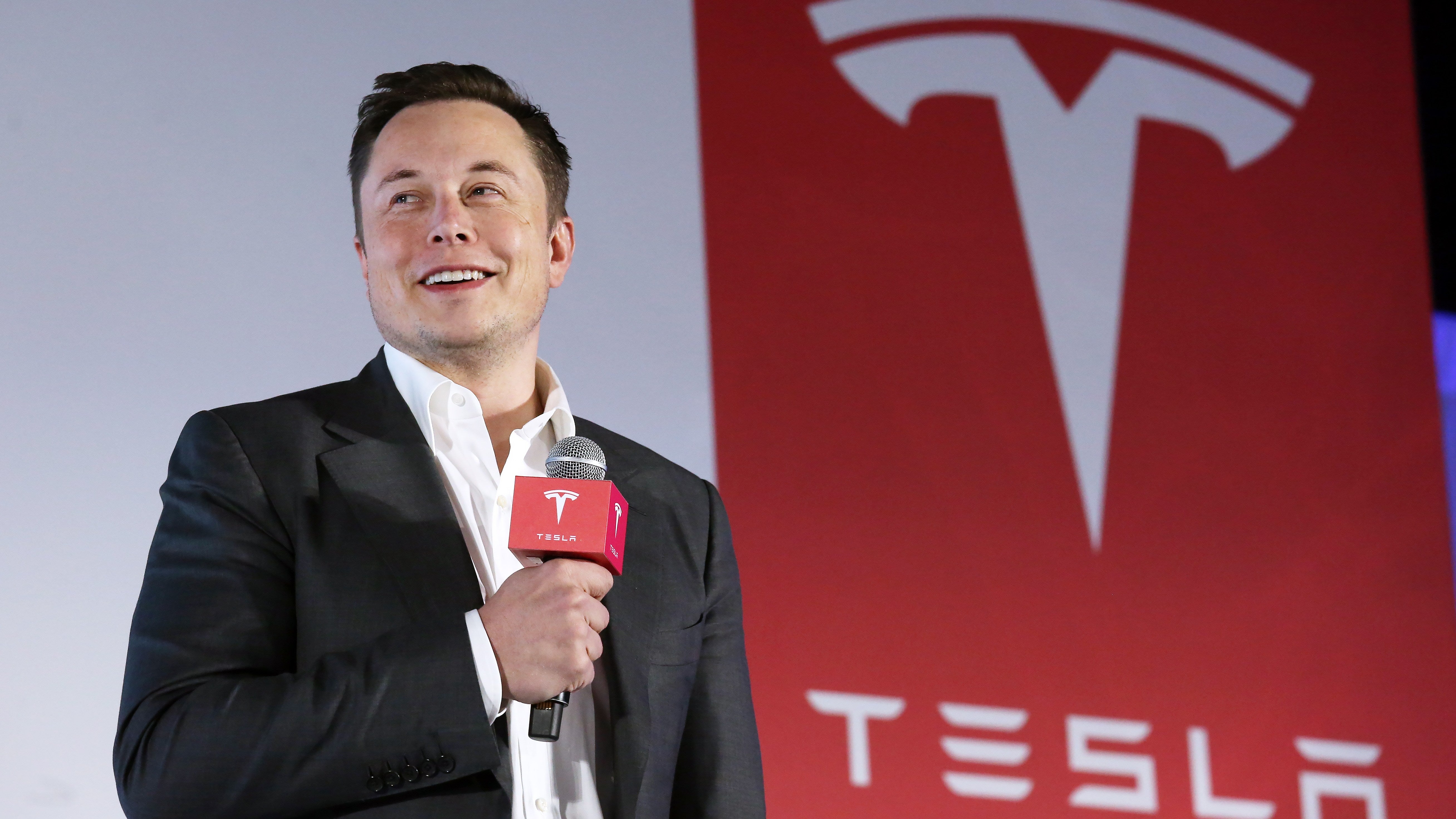When it comes to choosing a vehicle, there are many factors to consider. One of the most important factors is the cost. Electric vehicles (EVs) and gas vehicles have different costs associated with them, and understanding these costs can help you make an informed decision. In this blog post, we will compare the costs of electric vehicles and gas vehicles to help you determine which option is more cost-effective.
1. Upfront Cost:
Electric Vehicles (EVs):
- Typically have a higher initial cost due to the technology involved, particularly the expensive battery systems.
- However, ongoing advancements in technology and increasing production volumes are gradually reducing these upfront costs.
Gas Vehicles:
- Traditional internal combustion engine vehicles generally come with a lower initial purchase price compared to EVs.
- This cost difference is often attributed to the established manufacturing processes and the relative affordability of internal combustion engine components.
These upfront cost disparities between EVs and gas vehicles are a key consideration for many consumers when deciding on their vehicle purchase. However, it's important to weigh this initial expense against the long-term savings potential of owning an EV, especially in terms of fuel and maintenance costs.
2. Fueling Costs:
Electric Vehicles (EVs):
- Charging an electric vehicle generally costs less per mile compared to fueling a gas vehicle.
- The cost of electricity per mile is typically significantly lower than the cost of gasoline per mile, providing potential savings for EV owners.
- Additionally, electricity prices tend to be more stable and predictable compared to fluctuating gasoline prices.
Gas Vehicles:
- Fueling costs for traditional gas vehicles can vary based on local gasoline prices, the vehicle's fuel efficiency, and driving habits.
- Gasoline prices are subject to market fluctuations and can significantly impact the cost of operating a gas vehicle.
- Factors such as fuel efficiency and driving patterns influence how much a gas vehicle owner spends on fuel per mile driven.
Considering the stable and often lower cost of electricity compared to gasoline, EV owners can potentially save on fueling expenses over the lifespan of the vehicle. However, individual savings may vary based on electricity rates, driving habits, and fuel prices in different regions.
3. Maintenance Costs:
Electric Vehicles (EVs):
- Tend to have lower maintenance costs owing to their simpler drivetrains with fewer moving parts compared to gas vehicles.
- Avoid the need for routine tasks like oil changes and transmission repairs common in internal combustion engine vehicles.
- Regenerative braking systems in EVs contribute to reduced wear on brake pads, potentially extending their lifespan.
Gas Vehicles:
- Typically demand more frequent maintenance tasks like oil changes, transmission servicing, and periodic engine tune-ups due to the complexity of internal combustion engines.
- Components such as brakes and engine parts may experience more wear and tear, leading to more regular replacements and repairs compared to EVs.
The streamlined design and reduced reliance on complex engine components in EVs contribute to their lower maintenance requirements, potentially resulting in long-term cost savings for owners.
4. Incentives and Rebates:
Electric Vehicles (EVs):
- Governments often offer various incentives and rebates to encourage the adoption of EVs.
- These incentives can include tax credits, rebates, and reduced registration fees aimed specifically at promoting the purchase and use of electric vehicles.
- Incentives for EVs are designed to support their adoption and reduce the barriers to entry for potential buyers.
Gas Vehicles:
- Incentives for traditional gas vehicles are typically limited and may revolve around fuel efficiency rather than the vehicle's power source.
- While some incentives or rebates might exist for gas vehicles, they often focus on promoting fuel-efficient models rather than being directly linked to the vehicle's powertrain.
These government incentives and rebates for EVs play a significant role in encouraging consumers to consider electric vehicles by offsetting some of the initial costs associated with purchasing them.
5. Resale Value:
Electric Vehicles (EVs):
- Resale values for electric vehicles can be influenced by several factors, including the condition of the battery, technological advancements in newer models, and overall market demand for EVs.
- Battery health and degradation over time play a significant role in determining an EV's resale value. Buyers often consider the remaining battery capacity when purchasing used EVs.
- As technology advances and new EV models introduce improved features, older models might experience depreciation due to perceived technological obsolescence.
Gas Vehicles:
- Resale values for traditional gas vehicles can also vary based on factors such as the make, model, overall condition, mileage, and prevailing market demand.
- Similar to EVs, the condition of the vehicle, its maintenance history, and how well it holds up over time play crucial roles in determining its resale value.
- Market demand for specific gas vehicle models and their perceived reliability and popularity among buyers can significantly impact resale values.
Factors such as battery health, technological advancements, and overall market demand influence the resale values of both EVs and gas vehicles. However, the considerations specific to electric vehicles, particularly regarding battery health and technology advancements, can have a more distinct impact on their resale values compared to traditional gas vehicles.
6. Depreciation:
- Initially, EVs may experience more rapid depreciation compared to gas vehicles due to factors such as perceived range limitations, concerns about battery life, and evolving technology.
- However, as electric vehicle technology becomes more mainstream and widely accepted, this trend might change. Improvements in battery technology, increased charging infrastructure, and growing consumer confidence in EVs could impact depreciation rates positively.
Gas Vehicles:
- Traditional gas vehicles typically experience more gradual depreciation compared to EVs, especially in the initial stages after purchase.
- Gas vehicles have established technology and a long history in the automotive market, contributing to more predictable and stable depreciation rates over time.
The perceived range limitations and concerns about EV battery life, coupled with the evolving nature of electric vehicle technology, have historically influenced the initial depreciation rates of EVs. However, as EV technology matures and gains wider acceptance, these depreciation trends might evolve, potentially leading to more stable depreciation rates over the vehicle's lifespan.
7. Range and Charging Infrastructure:
Electric Vehicles (EVs):
- Range anxiety, the concern about running out of battery charge, has been a notable consideration for some EV owners, particularly in the early stages of EV adoption.
- Advancements in battery technology, leading to increased battery capacities and improved efficiency, have contributed to longer driving ranges for many modern EVs.
- The expansion of charging infrastructure, including public charging stations and high-speed chargers, is helping alleviate range anxiety by providing more convenient and accessible charging options for EV owners.
Gas Vehicles:
- Gas vehicles benefit from the widespread availability of refueling stations, offering a high level of convenience and eliminating concerns about refueling access.
- The extensive network of gas stations allows drivers to refuel easily and quickly, providing a sense of security in terms of long-distance travel and availability.
While gas vehicles enjoy the convenience of widespread refueling stations, advancements in battery technology and the growth of charging infrastructure for EVs are addressing the concerns related to range anxiety. As the EV charging network expands and battery technology continues to improve, these advancements are gradually mitigating the challenges associated with driving range and charging accessibility for electric vehicles.
Conclusion
When comparing the costs of electric vehicles and gas vehicles, it's clear that EVs have several cost advantages. While the upfront purchase price of an electric vehicle may be higher, the savings on fuel costs, maintenance and repairs, and potential tax incentives can make EVs more cost-effective in the long run. Additionally, as the demand for electric vehicles increases, their resale values are expected to improve. Ultimately, the decision between an electric vehicle and a gas vehicle will depend on your individual circumstances and priorities. However, considering the cost advantages of electric vehicles, they are certainly worth considering as a viable and cost-effective transportation option.








Share:
THE ULTIMATE Guide to Home EV Charging in 2024
The Optimal Amps for Charging a Car Battery